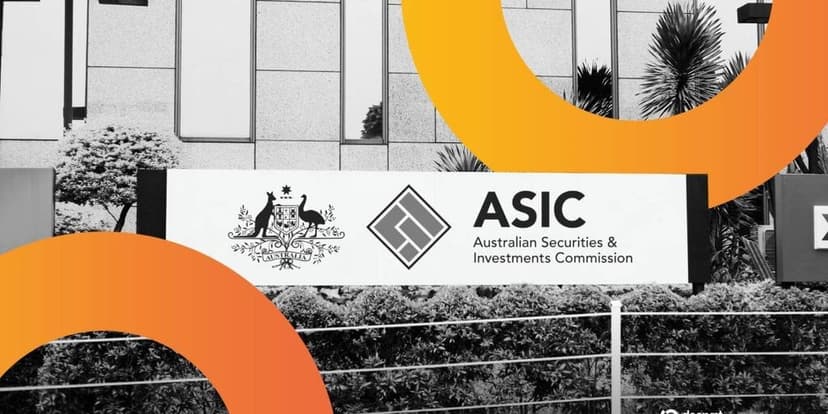Bitcompare.net is a trading name of Blue Venture Studios Pte Ltd, 68 Circular Road, #02-01, 049422, Singapore
Advertising disclosure: Bitcompare is a comparison engine that relies on advertising for funding. The business opportunities that can be found on this site are offered by companies with which Bitcompare has made deals. This relationship may affect the way and where products appear on the site, such as in what order they are listed in categories. Information about products may also be placed based on other factors, such as the ranking algorithms on our website. Bitcompare does not look at or list all companies or products on the market.
Editorial disclosure: The editorial content on Bitcompare is not provided by any of the companies mentioned, and has not been reviewed, approved, or otherwise endorsed by any of these entities. The opinions expressed here are the author's alone. Additionally, the opinions expressed by the commenters do not necessarily reflect those of Bitcompare or its staff. When you leave a comment on this site, it will not show up until a Bitcompare administrator approves it.
Warning: The price of digital assets can be volatile. The value of your investment can go down or up, and you may not get back the amount invested. You are the only one who is responsible for the money you invest, and Bitcompare is not responsible for any losses you might have. Any APR shown is a rough estimate of how much cryptocurrency you will earn in rewards over the time period you choose. It does not display the actual or predicted returns or yields in any fiat currency. The APR is adjusted daily, and the estimated rewards may differ from the actual rewards generated. The information on this page is not meant to be a sign from Bitcompare that the information is correct or reliable. Before making any investment, you should carefully consider your investment experience, financial situation, investment objectives, and risk tolerance, and consult with an independent financial advisor. Links to third-party sites are not under the control of Bitcompare, and we are not responsible for the reliability or accuracy of such sites or their contents. For more information, see the Terms of Service for Bitcompare and our Risk Warning

